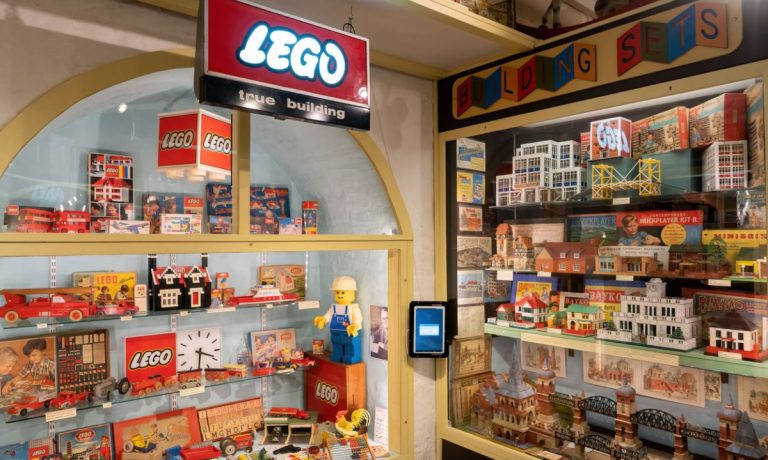Lego Builds Sales as Fans Seek More Complicated Sets

Demand for larger, more complex sets helped Lego stand out among toymakers in 2022.
The Danish firm announced in its annual report Tuesday (March 7) that it “significantly” outpaced the broader toy market, venue in 2022 jumped 17% to around $9.28 billion.
The company attributed its success to a diverse array of products, with nearly half of its products new offerings designed to appeal to “builders of all ages, passions and interests,” including its Star Wars and Harry Potter-themed sets.
“People are buying more,” CEO Niels Christiansen said in a CNBC interview. “It’s not price increases driving it, if anything it’s people buying some of the bigger and more complicated sets. It’s a combination of volume and value.”
According to the annual report, Lego opened 155 new stores during the year, bringing its worldwide store count to 904. It also stepped up its investments in its digital transformation, something that helped drive sales in the first half of 2022.
In the first half of last year, the 90-year-old company expanded its digital team by 40%, and also launched a partnership with Epic Games to create a kid-friendly metaverse.
“Kids enjoy playing in physical and digital worlds and move seamlessly between the two. We believe there is huge potential for them to develop life-long skills such as creativity, collaboration and communication in both,” Chistiansen said at the time.
“We have a responsibility to make digital play safe, inspiring and beneficial for all, and just as we’ve protected children’s rights to safe physical play for generations, we are committed to doing the same for digital play.”
Lego’s latest announcement comes weeks after two other toy giants reported disappointing sales for the closing stretch of 2022.
Hasbro, America’s largest toy and game maker said Feb. 16 it expects ongoing impacts from inflation to hinder consumer spending this year. The company projected a low-single-digit drop in sales for 2023, following a 17% decline in for the three months ending Dec. 25.
“While Q4 proved to be a disappointment, particularly in our traditional Toys and Games segment, we made progress under the hood that meaningfully improved our bottom line and sets us up for margin expansion in 2023 — despite what we anticipate will be a continued challenging consumer environment,” Hasbro CEO Chris Cocks said during an earnings call.
One week earlier, rival toy company Mattel reported a 22% drop in sales for the last quarter of 2022, due to a decline in consumer spending and overstocked retailers.